Probably its nature’s way to warn about the impending danger.
According to various reports, it is estimated that one trillion plastic bags are consumed worldwide. The World Economic Forum study done on plastic pollution says if plastic pollution continues to rise then oceans will have more plastics than fish by 2050. India's contribution to plastic waste that is dumped into the world's oceans every year is a massive 60%.
In lieu of the environmental concerns, the state government of Maharashtra proposes to be a plastic-free state from March 2018. For this, the state will ban plastic packaged drinking water bottles, plastic sachets, cups, all bags and packaging material. The ban will be predominantly on the single-use type of plastic materials that one uses in our day to day life.
According to the ban, the state will ban all types of plastic bags of varying thickness and violators found using them will be fined. In addition, the ban will also be extended to the prohibition of one-use food containers made of plastic foam, locally called thermocol. There will also be a ban, in government offices and hotels, on PET — polyethylene terephthalate, a polymer resin — bottles used for packing drinking water.
Environment minister Ramdas Kadam outlined the state's plan to become plastic-free from next March at a meeting in November 2017 with stakeholders and implementing authorities.
According to the reports, the state has formed four teams comprising officials of Maharashtra Pollution Control Board (MPCB) to study models of Himachal Pradesh, Sikkim, Karnataka, and Shimla, where plastic bags are banned completely.
Kadam said, "We are asking big retailers to make alternative arrangements well in advance so that the policy can be rolled out smoothly in March 2018.”
The ministry also plans to impose a ban on plastic water bottles in government offices and hotels. Kadam said, “Alternatives to plastic bags used to dispose of wet and medical waste will also be figured out before the ban is imposed. Efforts are on by our teams to focus on alternatives.”
According to news reports, funds received under the Corporate Social Responsibility (CSR) of major companies will be used for supplying cloth bags. A final decision is yet to be taken by the state government. It is also planning to form citizen committees comprising activists and locals to report violations, sources said.
The government has issued a three-month deadline to bottled water companies to set up a reverse supply mechanism and recycling plants, failing which a complete ban on plastics will be enforced.
A practical move?
The apex body of plastic industry the All India Plastics Manufacturers Association (AIPMA), has the move to be impractical. The association has urged the government to find a workable solution and to look at the alternatives rather than banning plastics.
Hiten Bheda, president of All India Plastic Manufacturers Association, said, “Alternatives for plastic are heavier and inconvenient for people. Plastic is an economic necessity and provides a lot of solutions. We are setting a bad precedent by banning plastic, which will lead to loss of revenue and unemployment.”
“AIPMA is ready to provide all technical support in plastic waste management. Currently, about 90 per cent of PET bottles are recycled in the country. More than plastic bags, littering, collection, and recycling are the problems. Effective waste management is required,” added Bheda.
Plus, FICCI reports state that plastics can be reused and recycled. Plus, they have low energy requirements during
production, hence considered to be energy efficient. Plastics consume 25% less energy in production compared to other alternatives which result in the lower emission of CO2 gas. Thus
when compared to glass or aluminium plastics results in lighter environmental footprint.
Intelligent use of plastics and way forward
Plastics today is most widely used (42%) in packaging with the combination of rigid and flexible plastics in packaging. Hence, it is increasingly important for brands to look at a way to recycle the packaging waste generated by them. For example, Hindustan Unilever has committed to ensuring that all its plastic packaging will be fully reusable, recyclable or compostable by 2025.
Another alternative could be Bioplastics which come with a defined shelf life and are easily biodegradable. Bioplastics are defined as plastics made from materials such as corn starch and vegetable fats and oil, while common plastics are made from natural gas or petroleum.
We think a meticulous plan to recycle and reuse the plastic waste produced is the way forward. Plus, treating plastic packaging as a valuable resource to be managed efficiently and effectively will be the key to achieve the state's sustainability goals.
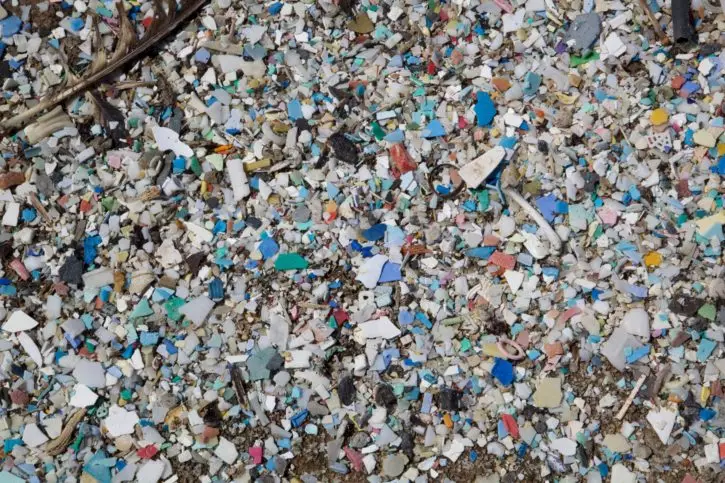


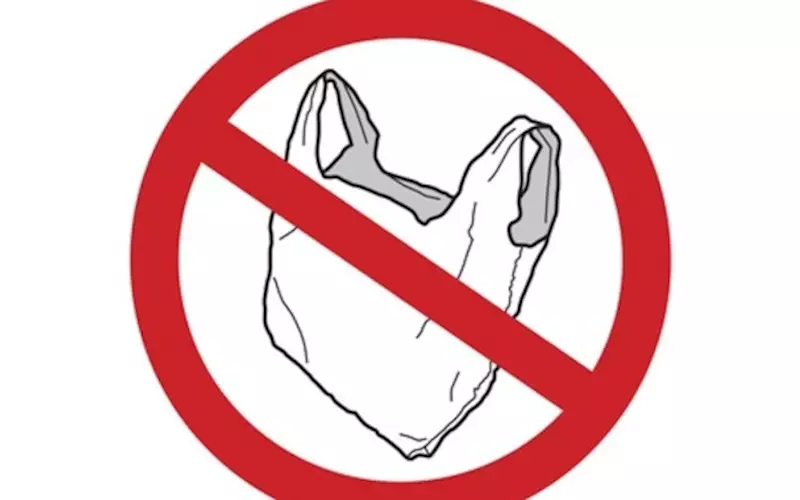
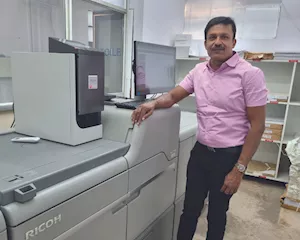
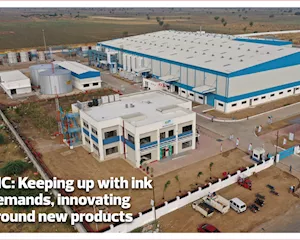
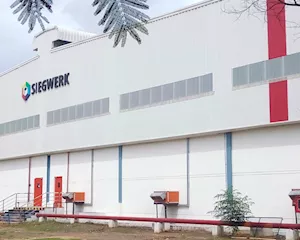
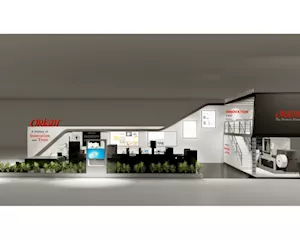
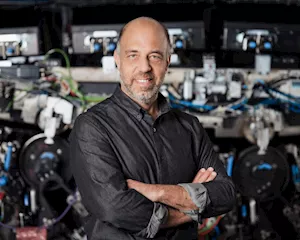






 See All
See All